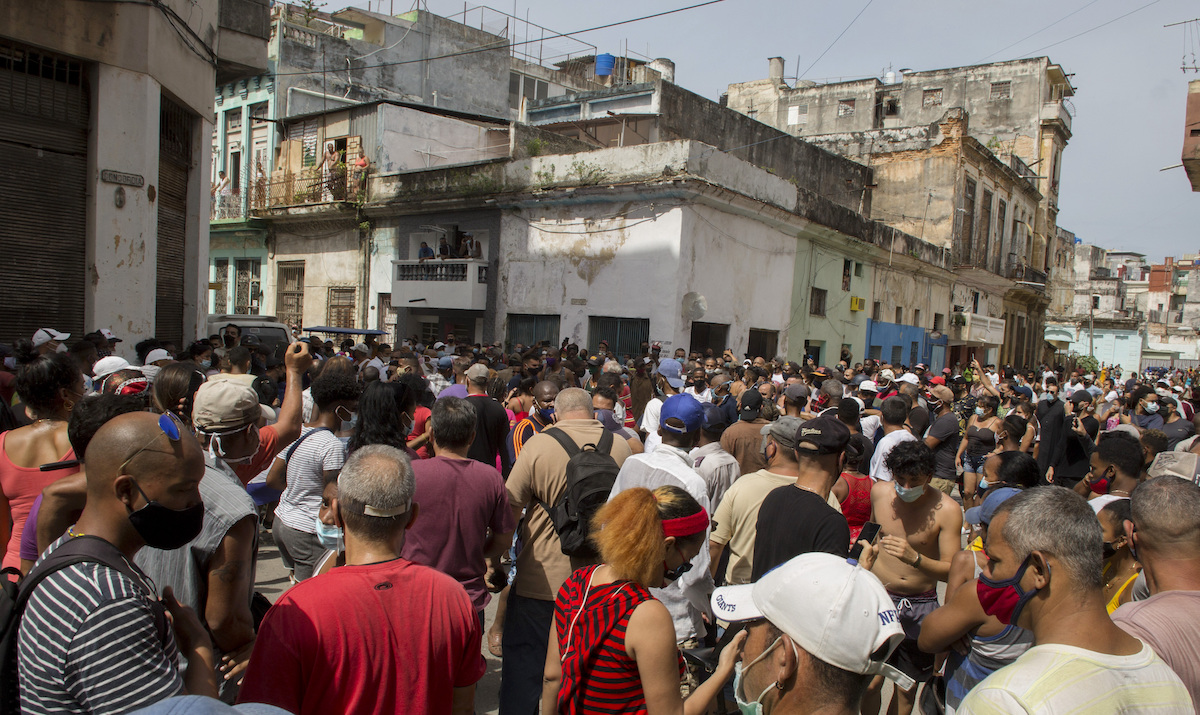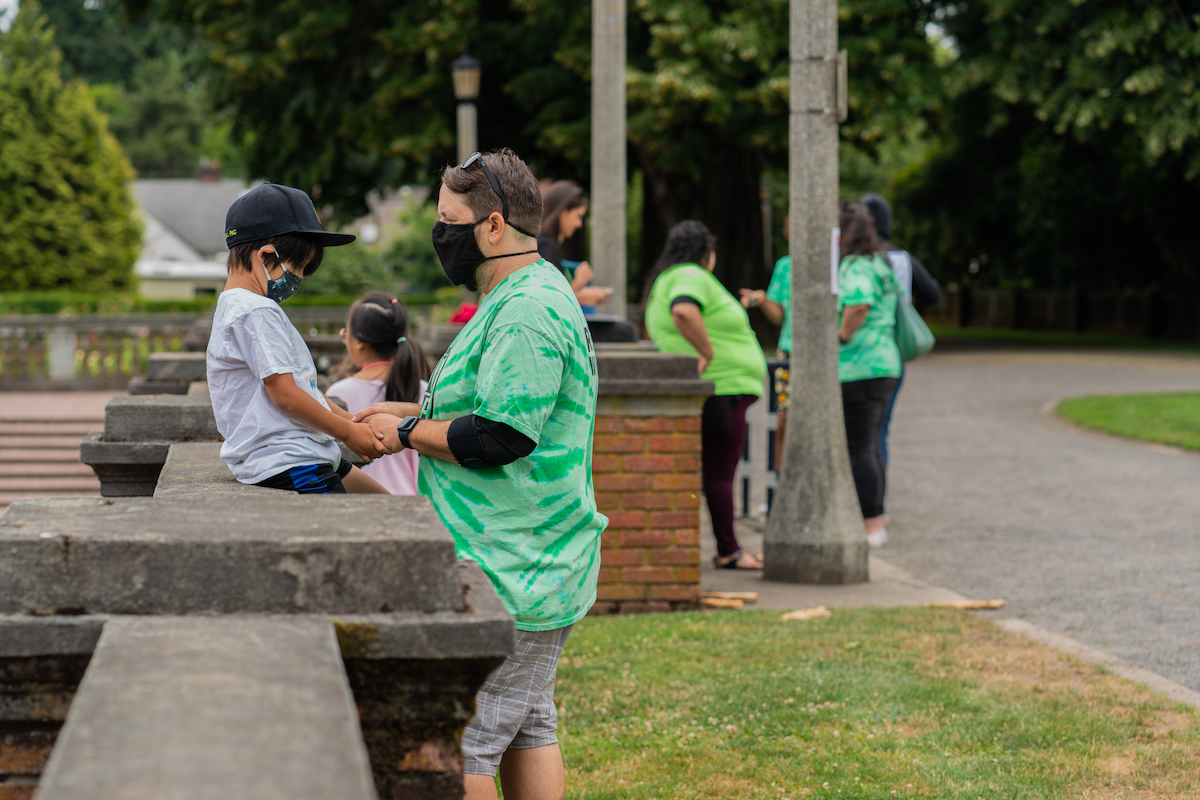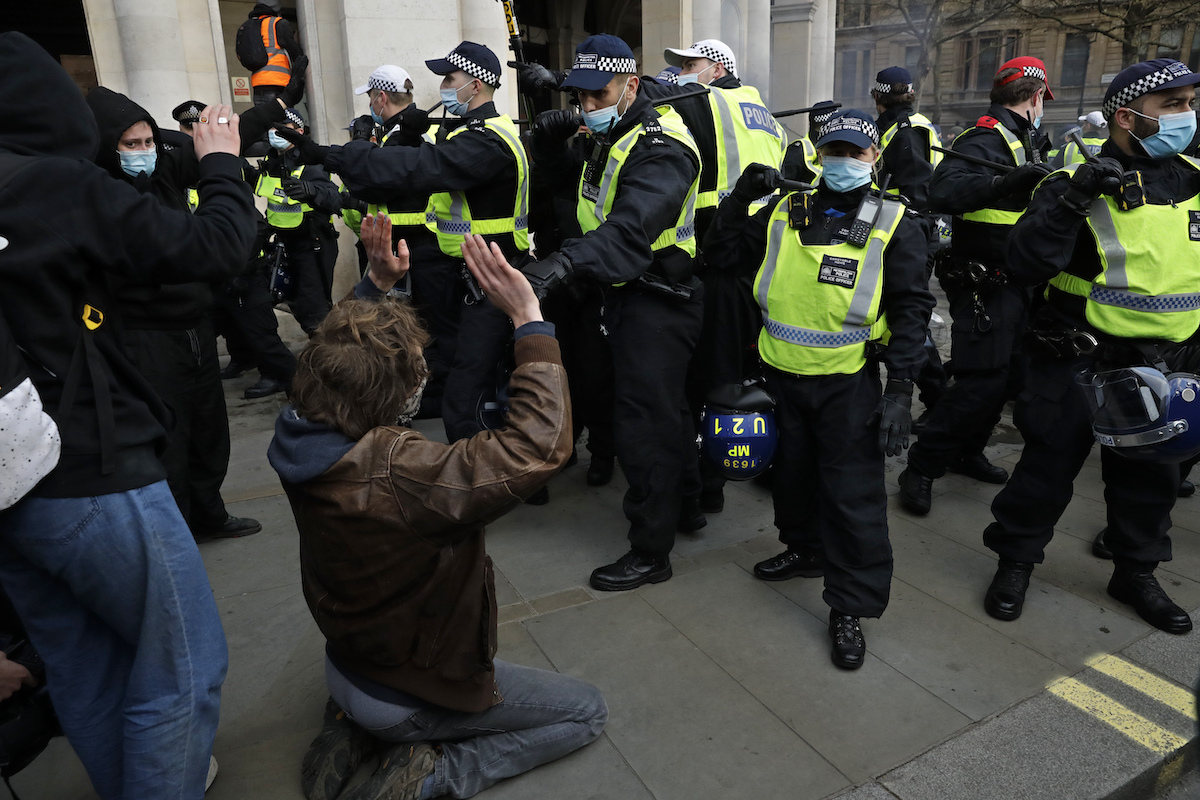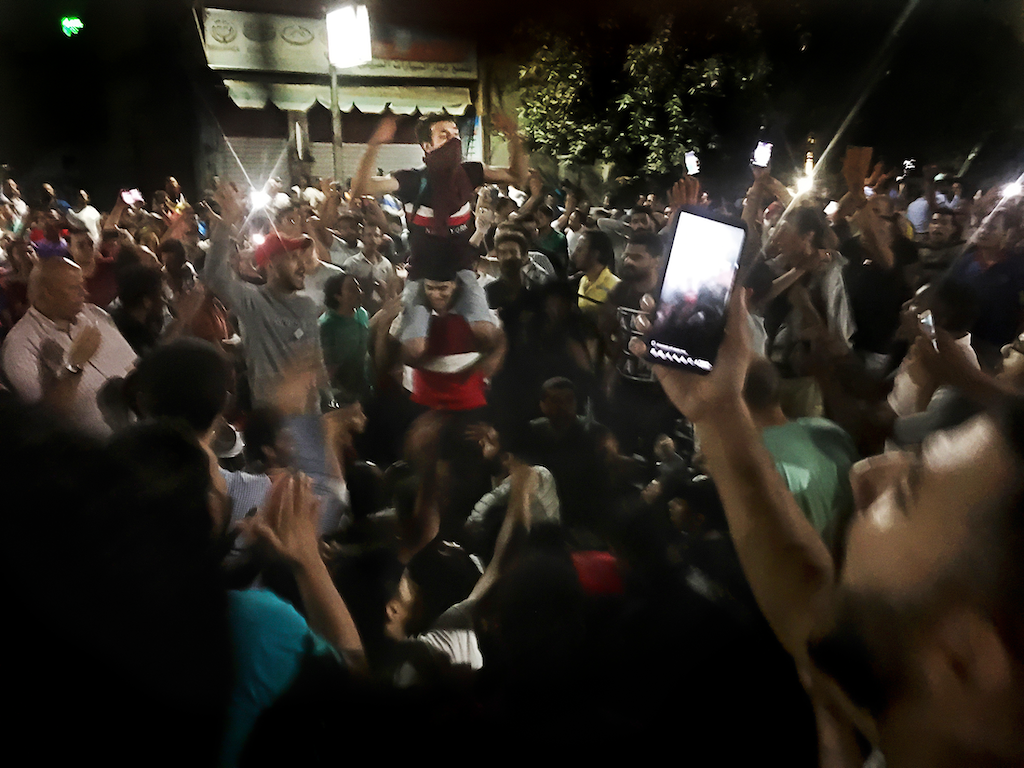Thousands of people took to Cuba’s streets on Sunday, July 11, marking the start of some of the largest protests the country has seen in the past sixty years, according to Reuters.
Driven by what they describe as the government’s inadequate response to economic challenges—as evidenced by rising prices for common everyday items, shortages of essential goods like food and electricity, a reduction in wages for Cuban workers and complications with the U.S. embargo—Cubans took to the streets to protest their frustrations.
Economic Issues
In early 2021, the Cuban government ended its dual currency system, which ultimately led to the devaluation of the Cuban peso (CUP). As such, the convertible Cuban peso, or the CUC, has been in the process of being phased out.
Differences in exchange rates between the CUC and CUP have led to economic complications in Cuba. The CUP is used for purchasing everyday goods and services, whereas the CUC is used in transactions involving foreign currency, like tourism or purchasing imported goods.
Cuban citizens had until June 2021 to convert their CUCs to CUPs, but, with the exchange rate being 24:1, many individuals faced significant financial loss from doing so, especially those working in the tourism sector who were paid in CUCs.
The Cuban government has responded to these economic concerns by announcing the currency unification plan, which, according to Cuban President Miguel Diaz-Canel, is necessary for the “transformations [needed] to update our economic and social model.” This plan has imposed many challenges upon Cubans when they are already dealing with major shortages.
U.S. Embargo
The U.S. embargo, formally implemented in 1962, prohibits all trade from the island and has led to many goods such as food and medicine constantly being in short supply.
Although many Cubans blame the embargo for their economic woes, Díaz-Canel acknowledged that the Cuban government has also played a significant role in the unfolding of events.
“We have to gain experience from the disturbances,” Díaz-Canel said. “We also have to carry out a critical analysis of our problems in order to act and overcome and avoid their repetition.”
In 2011, then-President Raul Castro announced reforms aimed at “bringing more market-oriented policies into Cuba’s state-run economy.” More than a decade later, these economic reforms have yet to be implemented, which has led to much frustration among some Cubans.
Economic hardship, food and supply shortages and the ongoing U.S. embargo have led to the outbreak of protests among Cuban citizens, calling for an end to the socialist government and demanding freedom.
U.S. Foreign Policy
In response to the unrest in Cuba, U.S. President Joe Biden stated that the United States “stand[s] with the Cuban people and their clarion call for freedom and relief.” Biden then mentioned that the U.S. is prepared to send COVID-19 vaccines to aid in the outbreak of the pandemic, but does not plan on easing U.S. policies around sending remittances, which tightened under President Trump, nor lifting the embargo.
Lack of immediate response to the protests by Biden has stirred up some controversy.
“President Biden’s lack of comment [on July 11] made clear that he has no interest in standing with the Cuban people as they rise up against the authoritarian regime,” wrote Senator Marco Rubio.
Some U.S. politicians have placed blamed on the American embargo, such as Rep. Alexandria Ocasio-Cortez, who tweeted on Thursday, “The embargo is absurdly cruel and, like too many other U.S. policies targeting Latin Americans, the cruelty is the point. I outright reject the Biden Administration’s defense of the embargo. It is never acceptable for us to use cruelty as a point of leverage against every day people.”
Response to the Protests
As Cubans took to the streets to express their frustrations, police clashed with protesters, eventually leading to several arrests and injuries.
In response to police arrests of protesters, United Nations human rights chief Michelle Bachelet demanded that “all those detained for exercising their rights must be promptly released.”
Initial responses to protests placed the blame on the U.S. government, according to AP News. This blame centered around the nearly sixty-year U.S. embargo, the impact of the pandemic and even social media.
U.S. Secretary of State Antony Blinken stated that “it would be a grievous mistake for the Cuban regime to interpret what is happening in dozens of towns and cities across the island as a result or product of anything the United States has done.” However, every year since 1992, the United Nations has passed a resolution demanding the end of the U.S. economic blockade on Cuba.
Social media has also played an enormous role in the unfolding of these protests, with the hashtag #SOSCuba trending on Twitter, calling for “humanitarian aid for fueling the protests.”
Authorities responded by restricting internet access in an “apparent effort to stop the flow of information” in and out of Cuba, according to AP News.
Cuban Cabinet ministers announced that they would implement new measures that would allow travelers to “import food and medicine without limits” and “allow people to use their ration books to obtain subsidized goods outside their hometowns.” These measures also included increasing employment opportunities with small businesses, and increasing the salary scale. However, officials have stated that they will not make changes to Cuba’s mode of government.
“The Cuban government has just shown that it could have allowed the entry of food and medicine without quantity limits or tariffs all along but chose not to do so for more than a year of the pandemic,” wrote José Jasan Nieves, director of the independent digital newspaper El Toque. “People twisted their arms.”






